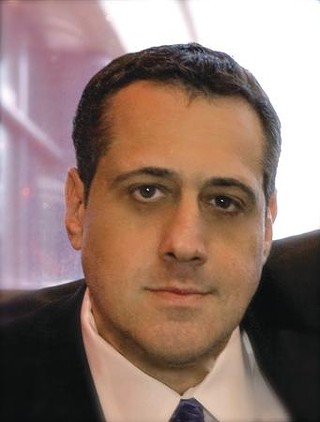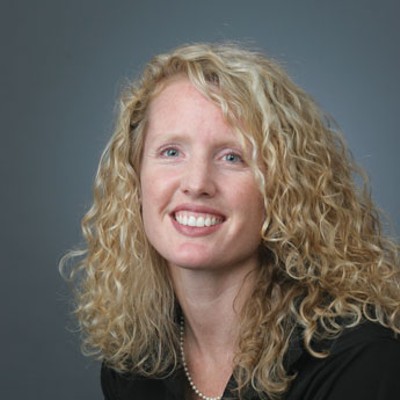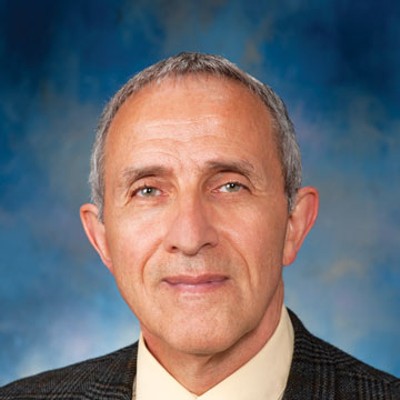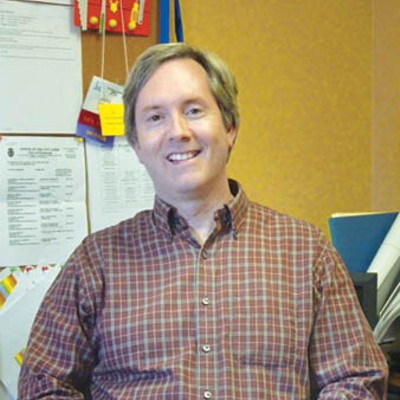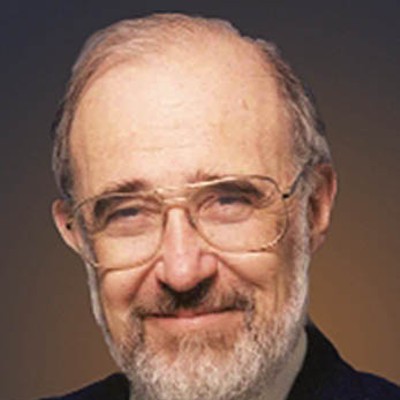Stuart Milk was 17 years old when his uncle, LGBT activist Harvey Milk, was assassinated. Harvey Milk was one of the world's first openly gay public officials when elected to San Francisco's Board of Supervisors in 1977. Stuart Milk founded the Harvey Milk Foundation, where he currently serves as executive director. He will speak at the Pride Advocacy Rally at 6 p.m. Fri., June 3, on the steps of the City-County Building. The event is part of Pittsburgh Pride, which runs June 3-12. City Paper interviewed Milk via email.
Have you ever been to Pittsburgh before?
I lived in Pittsburgh for a couple years in the late 1980s, worked in the old Fulton building... and had one of the great romances of my life in Pittsburgh. The city has changed, but the spirit of the communities remains and I am looking forward to being with my Western PA brothers and sisters on June 3.
What is the takeaway from the gay-rights movement Harvey Milk helped lead in the 1970s? Is there a comparable leader today?
When my uncle ran for public office, homosexuality was still listed as a mental illness and consensual [same-sex] relations were illegal. Think of it -- running for office as an avowed "mentally ill criminal." ... Today we have many out and proud elected officials who stand on Harvey's shoulders [and are] very visible, so it would be difficult to point to one.
What has the Obama administration done right in terms of reaching equality and where does the federal government need to go next?
[T]he Obama administration ... [is] making strong advances and I have much optimism as far as the level of inclusion the president has provided to the LGBT community. ... The passage of the Matthew Shepard Act on Hate Crimes and the repeal of [Don't Ask, Don't Tell] were all huge victories. ...
The work ahead for the administration includes building on progress at the agency level and making sure [that] if a company contracts with one of our federal agencies that they do not discriminate against LGBT persons in employment or in services.
There's some discrimination within the LGBTQ community– for example, the transgendered often feel overlooked. In Pittsburgh, there also is some divide between a "corporate gay" culture and a more grass-roots "q" culture. Do you see these divisions on the national level?
I just returned from Harvey Milk Day in California ... and the type of split you mention was in evidence at some of the Harvey Day celebrations. These divisions were present back when my uncle was running for office, but he had constantly challenged those separations and reminded us that we must work together. ... We must build bridges between those fighting in the streets and those fighting in the boardrooms. ... For as my uncle warned us in the '70s -- anyone left on a shopping list of discrimination allows more names and groups to be [added].
Activists from your uncle's era, like Cleve Jones, have said that it had a radicalness to it, and that's why it was effective. How has the movement changed, and where is it going?
I see the need for a global movement that realizes that prejudice does not know or respect the border of a city, that hate does not know or respect the border of state or country, that discrimination does not stop for an ocean or a hemisphere. ... We live in an increasingly interdependent and globally connected world, and as long as a majority of our community remains brutally repressed, we all remain repressed. ... Our community can be very parochial, and donors are not easy to find who share a vision of a global movement. But it is needed today more than ever.

